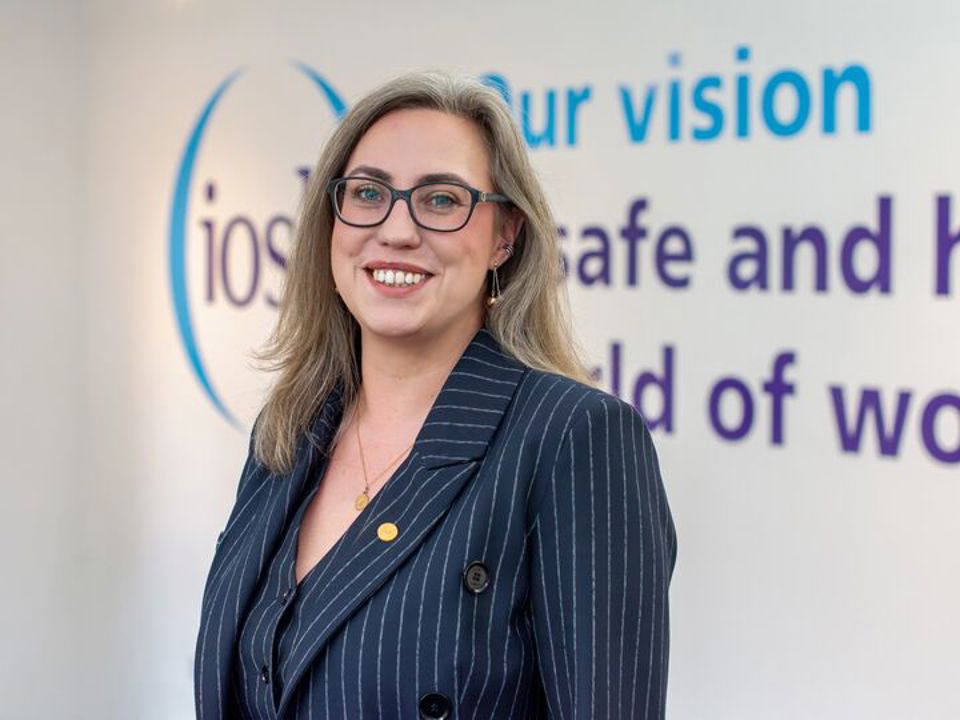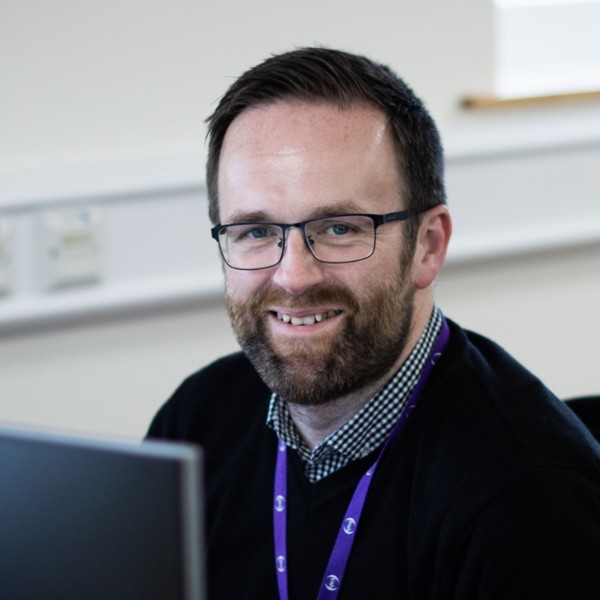Protecting colleagues who post online
- Date posted
- 05 September 2025
- Type
- News
- Author
- Marcus Boocock
- Estimated reading time
- 3 minute read
Posting online content has become part of the job for many professionals. For some, those who work in social media and other communications-focused roles, it is their job.
But are such activities opening workers up to unwarranted targeting? If so, how does it impact on their mental health, particularly considering the anxiety and stress it can cause?
It has been reported that 44 per cent of professionals in the USA have experienced online abuse, including trolling. Earlier this year, UK sports presenter Hayley McQueen revealed the impact online trolling had on her.
Impact on people
Recently, IOSH President Kelly Nicoll spoke of her experiences online as IOSH’s most senior ambassador. Interviewed for IOSH Magazine’s Ask Me Anything podcast, she said: “I have experienced trolling and it’s very difficult to be on the receiving end of it. One of the things that people forget when firing off messages is that there are human beings at the other end of it.”
Kelly said she accepts everyone can have different opinions and can disagree on various areas, but she had a message on how to handle this.
“If people do disagree, roll your sleeves up and get involved. There are better ways of disagreeing than firing off what you think is a clever barb at somebody who is so passionate about what they do that they have sacrificed time with their family, time at work, annual leave and even pay, if they are consultants.”
Kelly Nicoll CFIOSH
- Job role
- President
- Company
- IOSH
Jasmeen Daji, IOSH’s Social Media and Communities Manager, highlighted how IOSH’s social media channels “are designed to foster respectful, constructive dialogue across our global occupational safety and health community”. She added that the Institution has guidelines on using its platforms.
She said: “We love seeing posts from our members and training delegates celebrating their achievements, volunteers sharing their vital contributions to safer workplaces, and staff highlighting key IOSH initiatives. These stories are the heartbeat of our community and constitute the overwhelming majority of the posts directed towards us.
“To protect our community, we take a firm stance against vexatious behaviour. In common with most other organisations, our Social Media and Communities team actively monitors interactions to ensure our platforms remain safe, inclusive, and focused on professional growth.”
Jasmeen added that those repeatedly posting negatively often aren’t members.
She said: “We encourage everyone to familiarise themselves with the community guidelines of each social media platform and to report any abusive or inappropriate content directly through the channel.”
Protecting staff
Here are some practical ways you can look after your mental health and wellbeing when working in/using social media:
- Set healthy boundaries – social media is always on, therefore it’s important to set boundaries. Stick to a time for when you check your social media channels and don’t let it take up too much of your day
- Prioritise breaks – take regular screen breaks and step outside for fresh air or go for a walk
- Don’t take negative comments personally – this is easier said than done, but remember negativity often reflects the commenter, not you
- Build a support system – talk things through with your manager, colleagues or family and friends to help you manage the issues or problems you are going through
- Invest in self-care – prioritise sleep, hydration and nutrition, and do something that brings you joy
Join the conversation
Check out our LinkedIn profile and join our thriving community who share their updates online.
Last updated: 05 September 2025
Marcus Boocock
- Job role
- PR and Public Affairs Manager
- Company
- IOSH
 IOSH
IOSH




